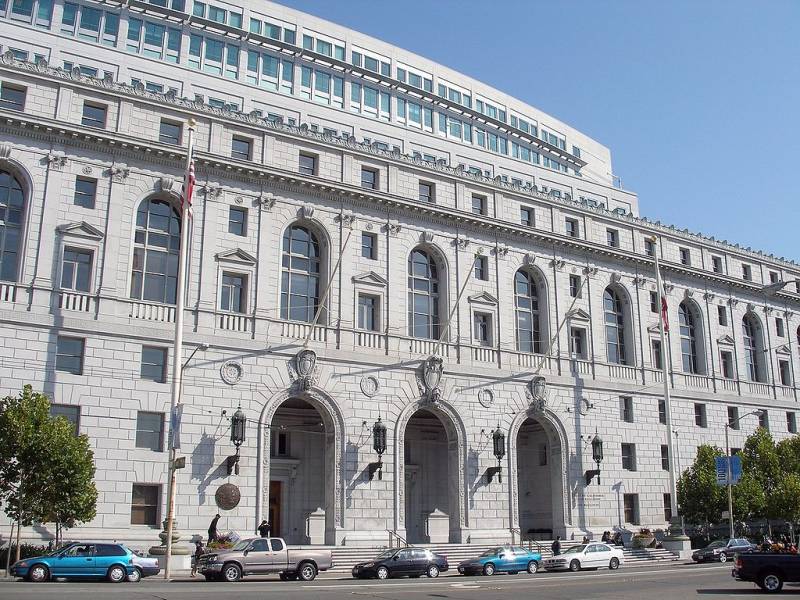A California Court of Appeal’s decision upholds the Right to Know Law (SB 1421), which provides access to police misconduct and serious use-of-force records, by ruling that the State’s Attorney General may not categorically withhold records it collects via subpoena.
KQED, the public media station serving Northern California, recently secured a major legal victory for police accountability when the California Court of Appeal, First Appellate District in San Francisco ruled that the state Attorney General may not categorically withhold records that involve law enforcement officers who engaged in harmful or unlawful conduct.
The ruling is part of KQED and the First Amendment Coalition’s four year-long California Public Records Act lawsuit against California’s Attorney General to ensure access to police use-of-force records made available under the landmark 2019 law SB 1421, better known as the “Right to Know Act”. The Attorney General contended that the state department of justice could withhold all police misconduct records collected under subpoena during investigations of local police departments, sheriffs and other law enforcement agencies.
The appellate opinion is the second time in the past three years that KQED and the First Amendment Coalition have successfully enforced the Right to Know Act and forced California’s Attorney General to release thousands of records of misconduct by law enforcement officers across California. The earlier 2020 Court of Appeal ruling was Becerra v. Superior Court, 44 Cal. App. 5th 897. In other public records litigation, KQED successfully forced the disclosure of thousands of police misconduct records from the California Highway Patrol and BART. KQED’s public records lawsuit for a large volume of records being withheld by the California Department of Corrections and Rehabilitation remains ongoing.
KQED’s most recent appellate win, led by KQED’s attorneys Thomas R. Burke and Sarah E. Burns of Davis Wright Tremaine LLP, involved access to records associated with the Attorney General’s 2016 investigation into reports alleging excessive force and other serious misconduct by the Bakersfield Police Department. The Attorney General contended that these records were categorically exempt from public disclosure because they were obtained using the Attorney General’s subpoena powers. The Court of Appeal rejected the Attorney General’s argument. As a result, the public may soon learn more about the Attorney General’s investigation into the Bakersfield Police Department, as well as other ongoing civil rights investigations related to the Vallejo Police Department and other investigations that the Attorney General conducts across the state.
